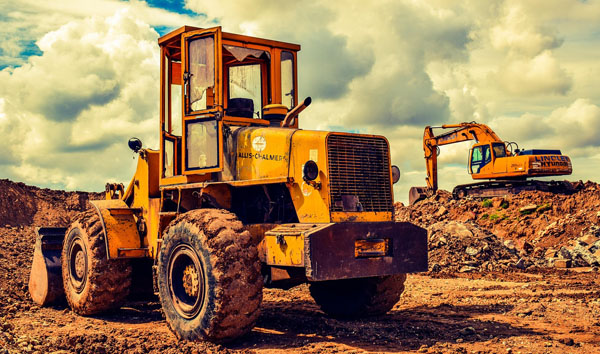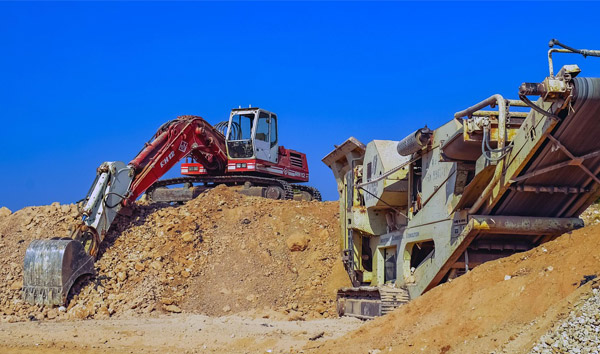Revolutionizing Material Handling: The Future of Rough Terrain Forklift Intelligent Control Systems
2025-07-07 04:30:26
The integration of intelligent control systems into Rough Terrain Forklifts is transforming industrial and construction operations. This report explores the latest advancements in AI-driven automation, sensor fusion, and predictive maintenance, offering insights into how these technologies enhance efficiency, safety, and adaptability in challenging environments.
### H1: The Evolution of Rough Terrain Forklift Technology Rough terrain forklifts have long been essential for heavy-duty material handling in construction, mining, and agriculture. However, traditional models relied heavily on operator skill, often leading to inefficiencies and safety risks. The introduction of rough terrain forklift intelligent control systems has revolutionized these machines, enabling autonomous navigation, obstacle detection, and load optimization.
### H2: Core Components of Intelligent Control Systems Modern rough terrain forklift intelligent control systems incorporate several key technologies: 1. AI-Powered Navigation – Machine learning algorithms analyze terrain data in real-time, adjusting speed and torque for optimal performance. 2. Sensor Fusion – LiDAR, cameras, and ultrasonic sensors create a 360-degree awareness of the environment, preventing collisions. 3. Predictive Maintenance – IoT-enabled diagnostics predict component failures before they occur, reducing downtime. These innovations ensure that rough terrain forklifts operate with unprecedented precision, even in the most unpredictable conditions.
### H2: Industry Impact and Future Trends According to a 2023 report by MarketsandMarkets, the global market for intelligent forklift systems is projected to grow at a CAGR of 12.4% by 2028. Key drivers include: - Enhanced Safety – Automated emergency braking and stability control reduce workplace accidents. - Operational Efficiency – AI-driven route optimization cuts fuel consumption by up to 20%. - Sustainability – Hybrid and electric models with intelligent controls lower carbon footprints. As rough terrain forklift intelligent control systems continue to evolve, their adoption will redefine material handling standards across industries.
### Conclusion The shift toward automation and intelligence in rough terrain forklifts marks a pivotal moment in industrial machinery. By leveraging cutting-edge AI and sensor technologies, businesses can achieve higher productivity, reduced costs, and safer operations. The future of material handling is here—and it’s smarter than ever.














